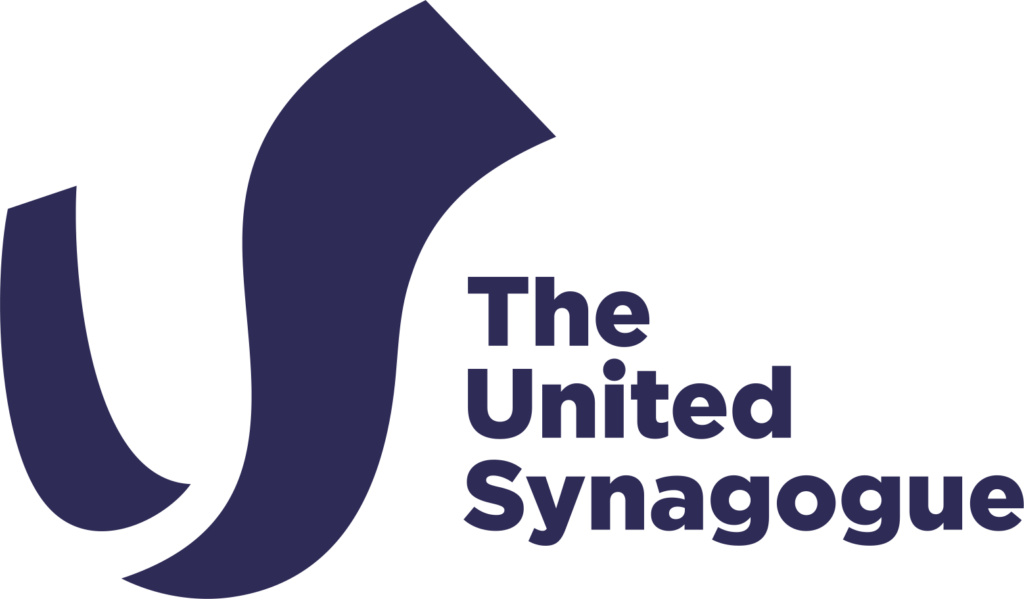By Rabbi Yehuda Black, Kenton United Synagogue
Towards the end of Pesukei De’zimra (morning verses of praise) on the High Holidays (Yamim Noraim), during the Nishmat prayer leading up to Yishtabach, it is customary that the Ba’al Shacharit (the chazzan leading the morning service) takes over the conducting of the prayers from the words “Hamelech yoshev al kissei ram venissa” – (“the King – who sits on a throne, high and lofty”).
This contrasts with a regular Shabbat, when the Ba’al Shacharit begins slightly later, from the words “Shochen Ad ” (“He who dwells for eternity”). On a Yom Tov he commences from “Hakel Betaatzumot” (“You are the Almighty by virtue of Your power”). On the Yamim Noraim only, the chazzan begins with Hamelech.
The reason for this is that the central theme of Rosh Hashanah and Yom Kippur is the concept of Malchut, the Kingship of the Almighty. Rosh Hashanah celebrates the anniversary of creation. We are coming together, so to speak, for the coronation of the King of kings, as we recall the beginning of His earthly reign. During the Ten Days of Repentance, our prayers are geared toward this emphasis on Kingship. The entire world comes before G-d as servants in the presence of their King.
It is related that the Chassidic master Rabbi Aharon of Karlin (d.1771) was once conducting the prayers on Rosh Hashanah morning. But when he came to the word Hamelech he fainted. His disciples had trouble reviving him. When he eventually came round, he explained his reaction: “When I came to the words Hamelech yoshev – the King is seated – I thought of the story which is related in the Talmud of Rabbi Yochanan Ben Zakkai. It was close to the destruction of the second Temple. Jerusalem was under siege by the Romans. Rabbi Yochanan Ben Zakkai managed to escape Jerusalem in a coffin. He arrived a short time later in the camp of the captain of the Roman army, Vespasian. Upon seeing Vespasian, Rabbi Yochanan Ben Zakkai, declared to him, “Shalom Aleichem Melech, Shalom Aleichem Melech.” (“Peace be unto you O king, peace be unto you O king.”)
After hearing these words, Vespasian said to Rabbi Yochanan Ben Zakkai, “You deserve the death penalty twice. First, because I am not the king, only the captain of the Roman legion. Second, if I am the king, why did you not call me the king until now?” Rabbi Aharon concluded, “I came to the words Hamelech yoshev and I was terrified. Why have I not come to Him before now in true repentance?”
Whilst we may not be on the spiritual level of Rabbi Aharon, the story gives us an insight into how these days are markedly different from the rest of the year.

